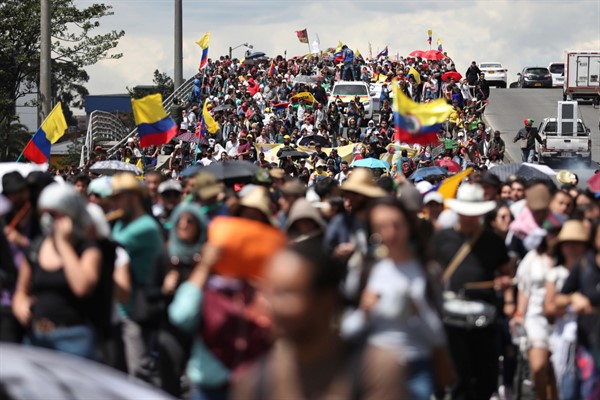Pro-democracy activists once held up Latin America as a crowning achievement, a region notorious for 19th-century caudillos and Cold War military strongmen that was almost universally electing its leaders by the early 1990s. In 2001, the Western Hemisphere’s premier political institution, the Organization of American States, adopted the Inter-American Democratic Charter, which commits members to uphold and defend democracy.
Nowadays, it is more common to hear about Latin America as a cautionary tale, a flashing red light reminding us of the fragility of new democratic institutions and the allure of old habits. The overachiever of what Samuel Huntington called the “third wave” of democratization has supposedly become the poster child for a global democratic recession. The coronavirus pandemic has struck Latin America particularly hard, fueling further fears about democratic backsliding.
These concerns are understandable, but the truth is that the region’s democracies have proved surprisingly robust time and time again.

